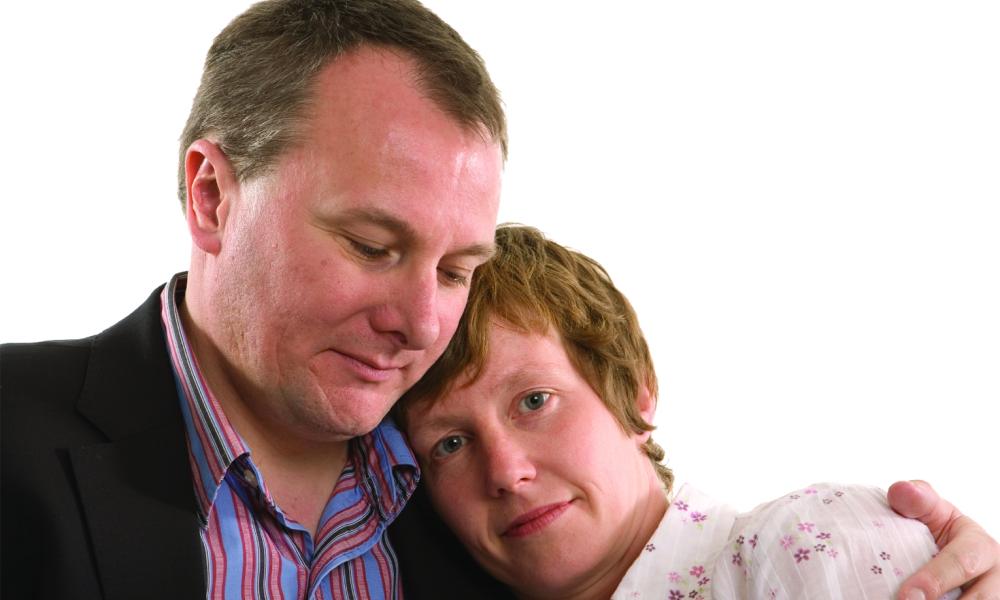
I want my mother to move in
Dawn and Sam have been married for 15 years. They have three children under the age of 14. Sam’s mother is widowed and has some health problems. Sam wants her to move in.
Dawn and Sam have been married for 15 years. They have three children under the age of 14. Sam’s mother is widowed and has some health problems. Sam wants her to move in.
I want my mother to move in
Sam says: My mom is a diabetic and I worry about her living alone now that my dad is gone. I believe families should stick together and take care of each other, so I’d like her to live with us. We have room, as long as two of the kids share. This is my mother we’re talking about; I can’t believe Dawn doesn’t understand why we should ask her to move here.
I don’t
Dawn says: Sam’s mom is not an invalid, and could live on her own quite easily. And we hardly have any time to ourselves as it is, after we’ve taken care of the kids. I know Sam loves his mother, but she is not the easiest woman to get along with, believe me. I don’t think I can deal with two women in the same household.
What should they do?: Intergenerational care-taking is becoming a hot topic in many families. We have all heard about the “sandwich generation” – those who have elderly parents and are still caring for children.
In a family, the core unit is the marriage – it is the heart and stabilizing force. Couples should prioritize this important relationship always. This is easier said than done. Often, we take our spouse for granted and assume he or she is self-sufficient. In caring for elderly parents, we always need to talk to our partners and listen to their thoughts, feelings and needs.
So, first and foremost, Sam needs to listen to Dawn’s concerns: What are the problems and challenges she sees? What are the benefits? How will this decision impact their home life and their children? Sam can talk about his concerns for mom and his feelings now that his father is not there to care for her. I would also encourage Sam to talk to any other siblings in his family who could help ensure their mom’s safety and well-being. It’s possible that some of his brothers or sisters may feel the same worry and together they can ensure Mom’s health and safety and not overburden one child/family. Having a relative move in to your household is not a decision to be taken lightly. Dawn’s concerns of getting along and two women in a household are very valid and need to be discussed thoroughly. Is there a solution to this issue that will create a win-win solution? Helping his mom at the cost of a marriage does not seem like a win-win answer. It’s important that the couple work as a team. Remember, the marital relationship is priority.
Another very important step is to talk to Mom. What is she thinking and feeling? Does she think she needs help? Often, elderly people do not agree with their families about what should be done for them. They want to remain independent for as long as possible. Often, with a minimal amount of support from us, our loved ones can remain independent and are usually happier. The first step is to do an objective assessment of what Mom needs help with. She should be included in this assessment. It is not helpful for Mom to feel overlooked or ignored in this process. She will be more willing to accept needed help if she is respected in this process, and this means treating her like an adult. She should make her own decisions if possible.
There are many alternative answers to this issue without Sam’s mom moving in with Dawn and Sam.



